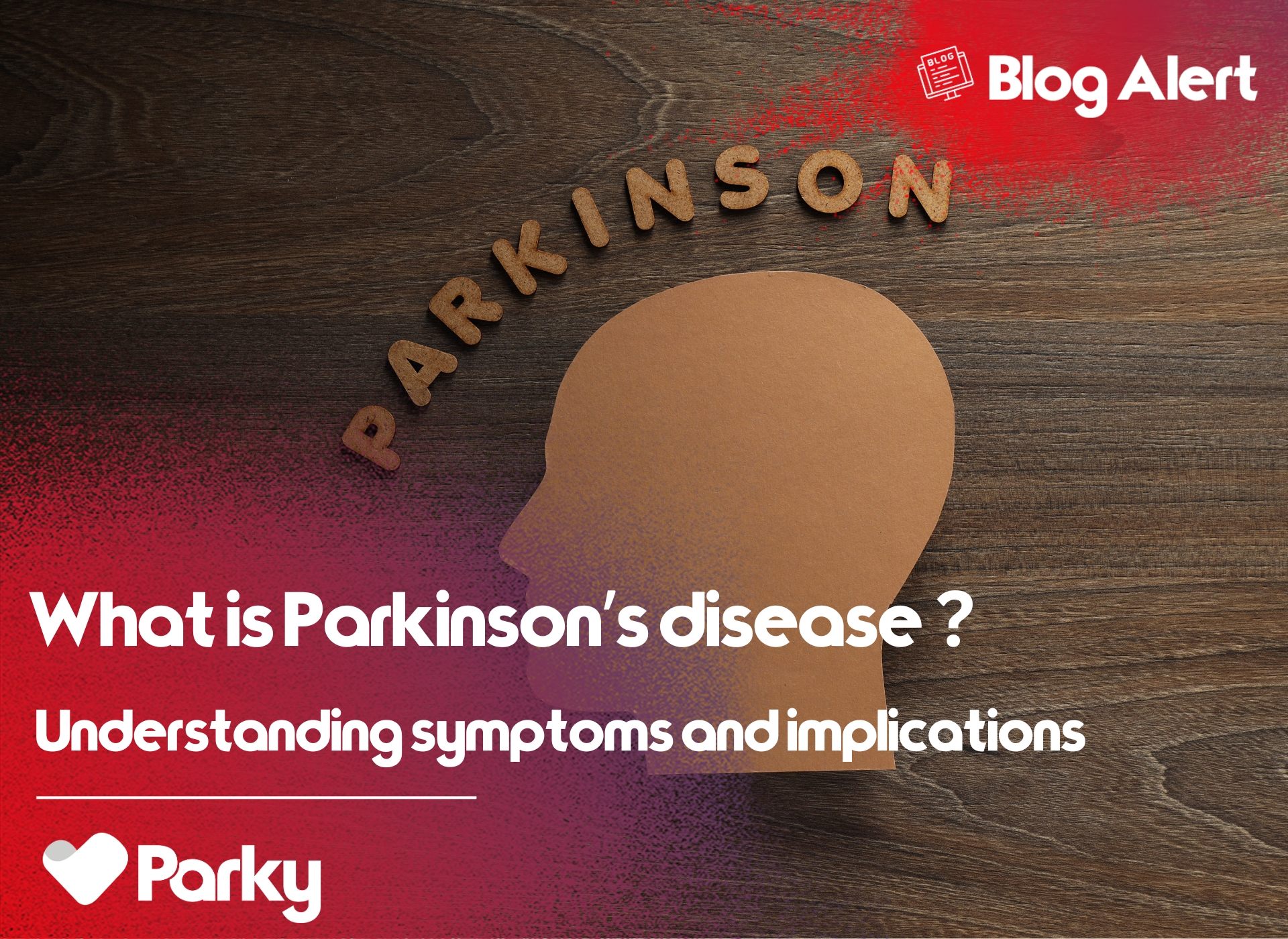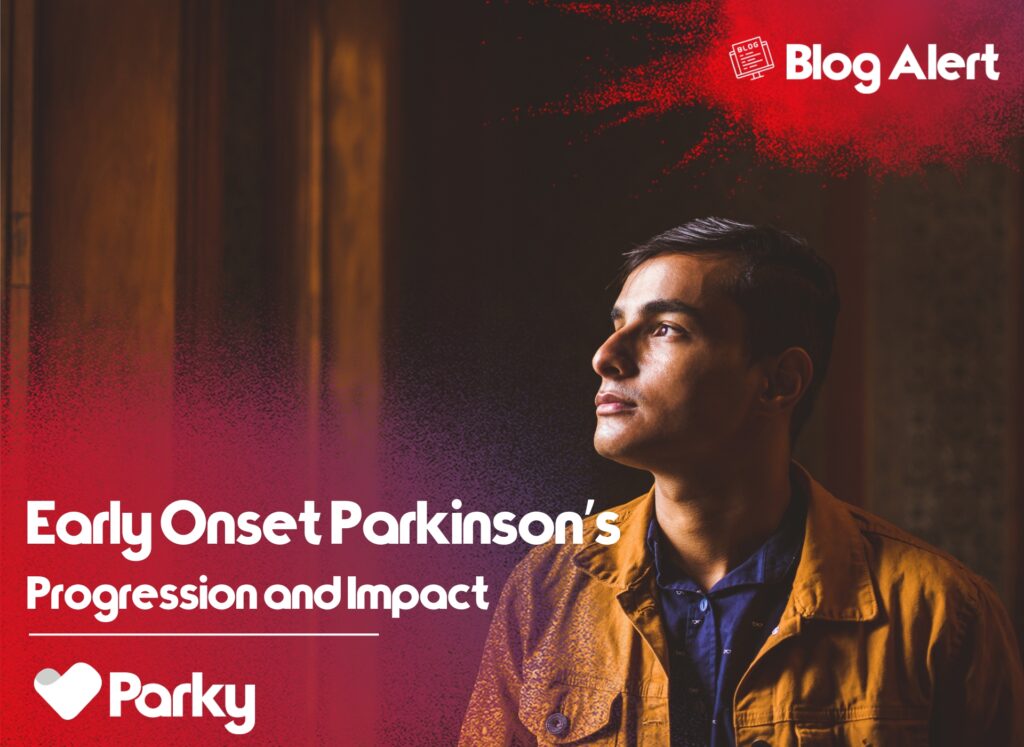

Parkinson's disease (PD) is often linked to aging, but it can also appear earlier in life as Early Onset Parkinson's Disease (EOPD), also known as Young Onset Parkinson's.
What Is Early Onset Parkinson's Disease?
Early Onset Parkinson's Disease (EOPD), also known as young onset Parkinson's disease, is a subtype of Parkinson's disease typically diagnosed in individuals under the age of 50. This form of Parkinson's comes with distinct challenges, impacting people during their younger years while they are actively working, raising families, and pursuing personal goals. Unlike late-onset Parkinson's, which usually appears after the age of 50, EOPD occurs earlier in life.
Demographics and Statistics:
EOPD is relatively rare, accounting for about 5-10% of all Parkinson's cases. While most PD cases have no clear family link, a small percentage of EOPD cases have a genetic component.
Symptoms and Diagnosis:
EOPD symptoms closely resemble those of late-onset PD but can be harder to identify due to the younger age of onset. Common symptoms include:
Diagnosis involves a thorough medical history, neurological examination, and response to anti-Parkinsonian medications. Neuroimaging techniques like MRI or DaTscan may rule out other potential causes.
Genetic Factors:
Certain genes, such as SNCA, LRRK2, and Parkin, have been linked to EOPD.
Environmental Factors:
Pesticide exposure, head injuries, and specific occupations may contribute to EOPD. Research continues to explore the complex interplay between genetics and the environment in EOPD.
Difference from Juvenile Parkinson's:
Young onset Parkinson's (YOPD) refers to those diagnosed under 50, often in their 30s, 40s, or early 50s. In contrast, juvenile Parkinson's is extremely rare, typically diagnosed in individuals under 20 or even during childhood. The age difference highlights the unique challenges of Parkinson's diagnosis timing, with juvenile Parkinson's being exceptionally uncommon and raising additional concerns about its causes.
Impact on Quality of Life:
Treatment Approaches:
Disease Progression:
Young onset Parkinson's disease, unlike its more common late-onset counterpart, presents a unique trajectory in terms of progression. Research suggests that in some cases, the progression of young onset Parkinson's may exhibit a slower rate compared to late-onset Parkinson's, allowing individuals a more extended period to adapt to the condition's challenges. However, it's crucial to note that Parkinson's disease progression remains highly variable among individuals. While the initial symptoms may be subtle, the disease gradually advances over time, impacting motor functions, mobility, and daily life.
Life Expectancy:
Living with Early Onset Parkinson's Disease:
Adapting to Lifestyle Changes:
Balancing Work and Personal Life:
Maintaining Physical and Mental Well-being:
Nutrition and Medication Management:
Support Systems and Social Connections:
Inspiring Stories from the EOPD Community:
In an inspiring YouTube video featuring Jamie Bryson, we witness a story of resilience and determination in the face of Early Onset Parkinson's Disease (EOPD). Diagnosed at just 39, Jamie's journey unfolds, from the initial shock to finding hope and support at the Mayo Clinic.
Jamie, passionate about triathlons and mountain biking, used these activities as therapeutic outlets while dealing with EOPD's challenges. Despite setbacks like kidney cancer and COVID-19, Jamie refused to let his diagnosis define him. A turning point came when he found Dr. Rodolfo Savica at the Mayo Clinic, who encouraged his active pursuits and helped navigate EOPD's complexities.
With this supportive guidance, Jamie reclaimed his life, even participating in a 105-mile mountain biking challenge in Colorado. His story inspires others to persevere and lead fulfilling lives despite a Parkinson's diagnosis
Early Onset Parkinson's Disease brings unique challenges that go beyond medicine. It's crucial to take a holistic approach, addressing medical, social, and emotional aspects. Ongoing research offers hope for better diagnosis, therapies, and quality of life. While life expectancy varies, our focus is on empowering individuals with EOPD through adaptation and support.
Join our community in spreading hope and strength. Tell us your unique journey with Parkinson's to uplift and empower others.